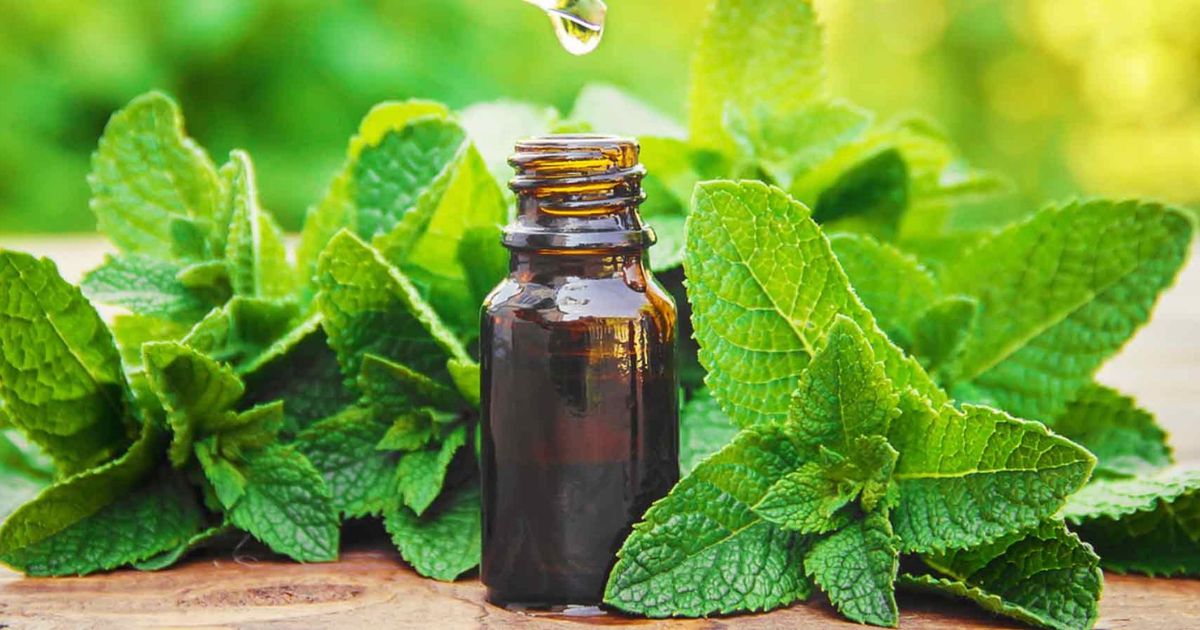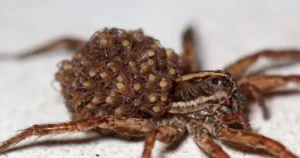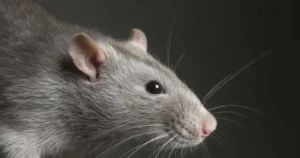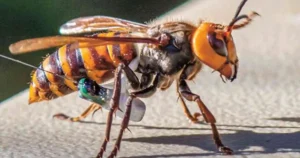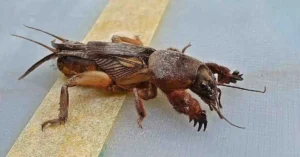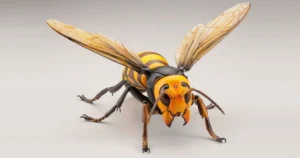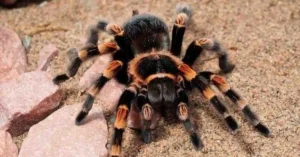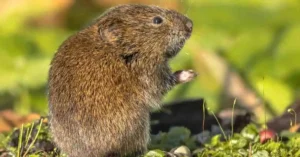Mice are more than just a nuisance; they can cause significant damage to property, pose health risks, and create a sense of discomfort in any home. While traps and poisons are commonly used to deal with these pests, many people seek natural solutions. Among these, peppermint oil has gained attention as an eco-friendly and non-toxic alternative to traditional rodent control methods.
But how effective is peppermint oil in repelling mice? In this detailed guide, we explore the science, application methods, benefits, limitations, and alternative natural solutions for keeping your home rodent-free.
Why Mice Are a Problem in Homes
Mice are small, agile creatures capable of squeezing through openings as tiny as a dime. Once inside, they can cause various issues, including:
Property Damage: Mice gnaw on wires, insulation, and wood, potentially leading to electrical fires and structural damage.
Contamination: Their droppings, urine, and fur can contaminate food, utensils, and surfaces, spreading diseases such as salmonella and hantavirus.
Rapid Infestation: A pair of mice can produce up to 60 offspring in a single year, making infestations escalate quickly.
Preventing mice from entering your home is critical, and peppermint oil is often touted as a preventative measure.
The Science Behind Peppermint Oil as a Mouse Repellent
Peppermint oil, derived from the peppermint plant, contains compounds such as menthol and menthone, which emit a strong, minty aroma. This aroma, while pleasant to humans, is overwhelming to rodents.
Why Does Peppermint Oil Repel Mice?
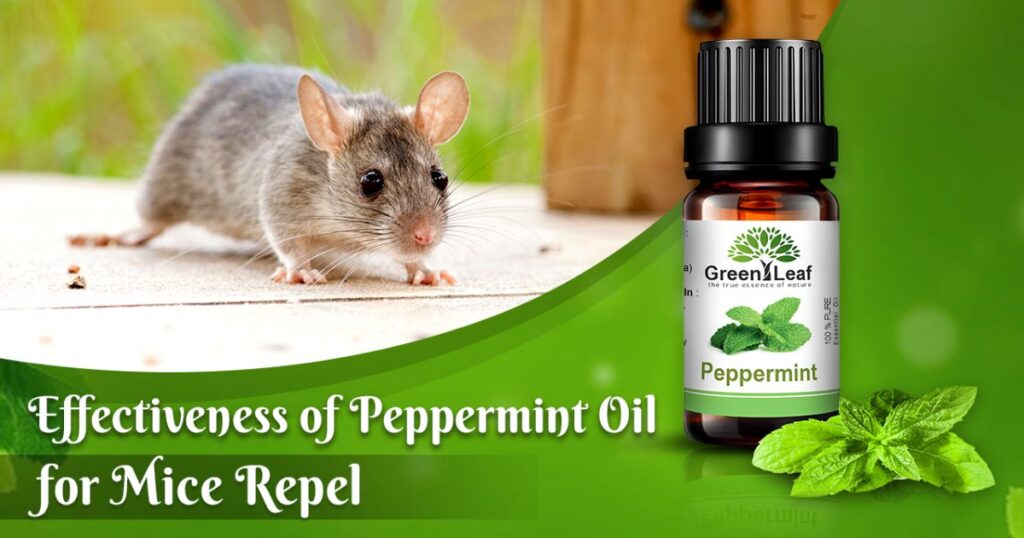
Mice rely heavily on their sense of smell for survival. Strong odors, like that of peppermint oil, disrupt their olfactory senses, making treated areas uncomfortable for them to inhabit. This deterrent effect is primarily due to:
Menthol: A compound that irritates the nasal membranes of rodents.
Odor Saturation: Peppermint oil masks the smell of food and nesting sites, discouraging mice from exploring further.
Scientific Studies on Peppermint Oil
While anecdotal evidence supports the use of peppermint oil, scientific studies have shown mixed results. Some research indicates that peppermint oil can reduce mouse activity in treated areas, but it is not a guaranteed solution, particularly for severe infestations. Its effectiveness depends on proper application and regular maintenance.
How to Use Peppermint Oil to Repel Mice
Using peppermint oil correctly is crucial for achieving the desired results. Follow these steps for effective application:
1. Prepare the Mixture
Mix 20–30 drops of peppermint oil with one cup of water in a spray bottle.
For a stronger solution, use undiluted peppermint oil on cotton balls.
2. Identify Problem Areas
Focus on areas where mice are likely to enter or roam, including:
Gaps and cracks in walls or flooring
Kitchen cupboards and pantries
Under sinks and around plumbing fixtures
Attics, basements, and garages
3. Apply Strategically
Spray the mixture generously in problem areas or place soaked cotton balls in crevices.
Replace cotton balls every 2–3 days or when the scent fades.
4. Combine With Preventative Measures
Peppermint oil works best when used alongside other strategies:
Seal Entry Points: Use caulk, steel wool, or metal mesh to block gaps and holes.
Clean Regularly: Eliminate crumbs, spills, and clutter that attract mice.
Store Food Securely: Keep food in airtight containers, especially in the pantry.
Benefits of Using Peppermint Oil
Peppermint oil has several advantages over traditional rodent control methods:
1. Eco-Friendly and Safe
Unlike chemical repellents, peppermint oil is non-toxic and safe for use around children and pets (when applied correctly).
2. Multi-Purpose
In addition to repelling mice, peppermint oil can deter other pests like ants and spiders, and its refreshing scent doubles as a natural air freshener.
3. Cost-Effective
Peppermint oil is affordable and readily available in stores and online, making it an accessible option for many households.
Limitations of Peppermint Oil as a Mouse Repellent
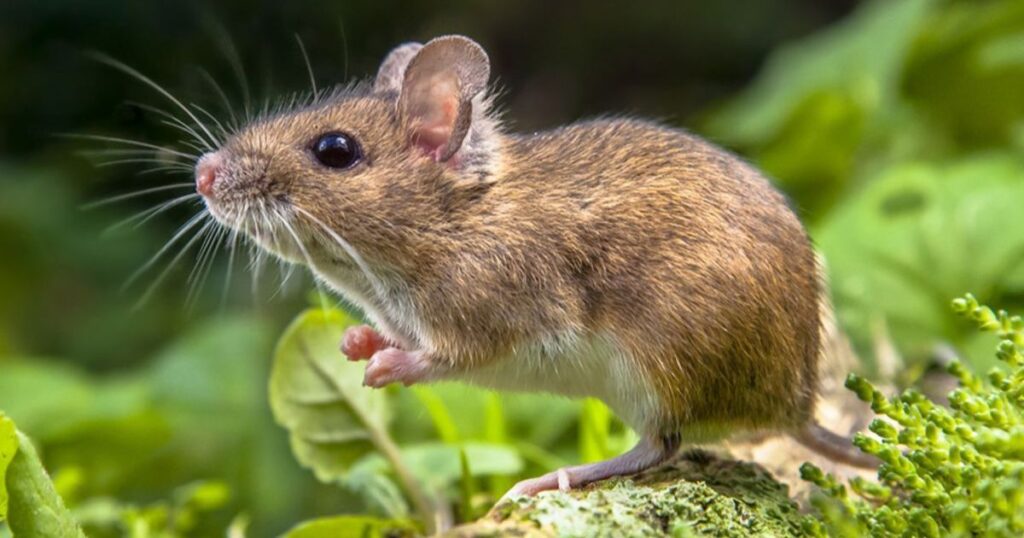
While peppermint oil offers many benefits, it is not without limitations:
1. Temporary Effectiveness
Peppermint oil’s scent dissipates quickly, requiring frequent reapplication to maintain its effectiveness.
2. Not a Solution for Infestations
Peppermint oil is most effective as a preventative measure. It may not deter mice that are already nesting in your home.
3. Limited Area Coverage
Large spaces or homes with multiple entry points may require significant amounts of peppermint oil, making it less practical.
Comparing Peppermint Oil to Other Natural Mouse Repellents
If peppermint oil alone isn’t enough, consider these alternative or complementary natural remedies:
1. Cayenne Pepper
The spicy nature of cayenne pepper irritates mice, making treated areas undesirable. Sprinkle it near entry points or mix it with water to create a spray.
2. Ammonia
Ammonia mimics the scent of predator urine, scaring mice away. Mix equal parts ammonia and water in a spray bottle and apply in problem areas.
3. Used Dryer Sheets
Strongly scented dryer sheets can act as a temporary deterrent. Place them in cupboards, drawers, and other small spaces.
4. Steel Wool
Block small openings with steel wool, which mice cannot chew through, to prevent entry.
5. Natural Predator Scents
The smell of natural predators, like cats, can deter mice. Place used kitty litter near entry points as a deterrent.
Professional Mouse Control: When to Call the Experts
For severe infestations, professional pest control services are often the best option. Experts can provide:
Comprehensive Inspections: Identifying all potential entry points and nesting sites.
Customized Treatments: Using eco-friendly or chemical solutions based on your needs.
Long-Term Prevention: Sealing entry points and offering advice on maintenance.
Long-Term Prevention Tips for a Mouse-Free Home
Preventing mice from entering your home is more effective than dealing with an infestation. Follow these tips to keep rodents at bay:
1. Seal Entry Points
Inspect your home regularly for cracks, gaps, and holes. Use caulk, steel wool, or metal mesh to seal them.
2. Maintain Cleanliness
Vacuum frequently, clean up spills promptly, and store food in secure containers.
3. Eliminate Clutter
Reduce clutter in storage areas like basements and attics to eliminate potential nesting sites.
4. Trim Vegetation
Keep shrubs, bushes, and tree branches trimmed to prevent mice from using them as pathways into your home.
Conclusion
Peppermint oil is a natural, eco-friendly method for deterring mice, particularly when used as part of a broader pest control strategy. While it offers several advantages, such as safety and affordability, it is not a standalone solution. Combining peppermint oil with preventative measures and regular maintenance will provide the best results. For severe infestations, professional pest control remains the most reliable option.
FAQs
Can peppermint oil eliminate a mouse infestation?
No, peppermint oil is most effective as a preventative measure. It can deter mice but may not eliminate an existing infestation.
How often should I reapply peppermint oil?
Reapply every 2–3 days or whenever the scent fades to maintain its effectiveness.
Is peppermint oil safe for pets and children?
Yes, when used correctly and kept out of reach, peppermint oil is generally safe. Avoid direct contact with skin and inhalation in concentrated forms.
What are the best areas to apply peppermint oil?
Focus on entry points, kitchen cupboards, under sinks, and around plumbing fixtures where mice are most likely to enter or roam.

James William is a passionate animal lover and expert in the Animals and Pets niche. With years of experience in pet care, wildlife studies, and blogging, James shares practical tips, heartwarming stories, and expert advice to help pet owners build stronger bonds with their furry, feathered, and scaly companions.
